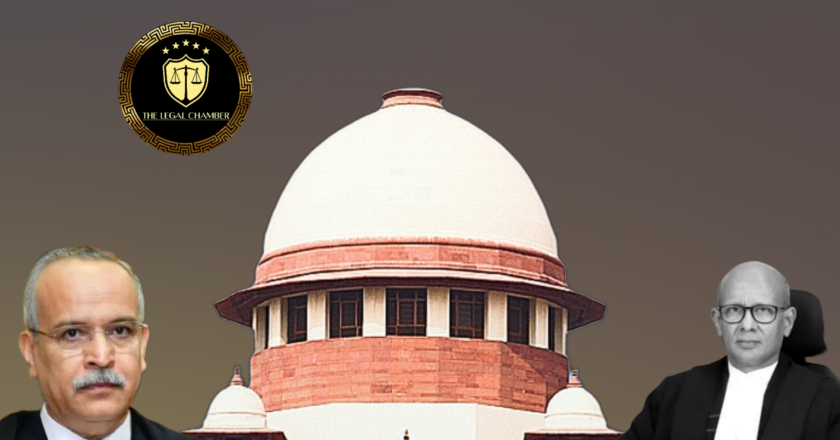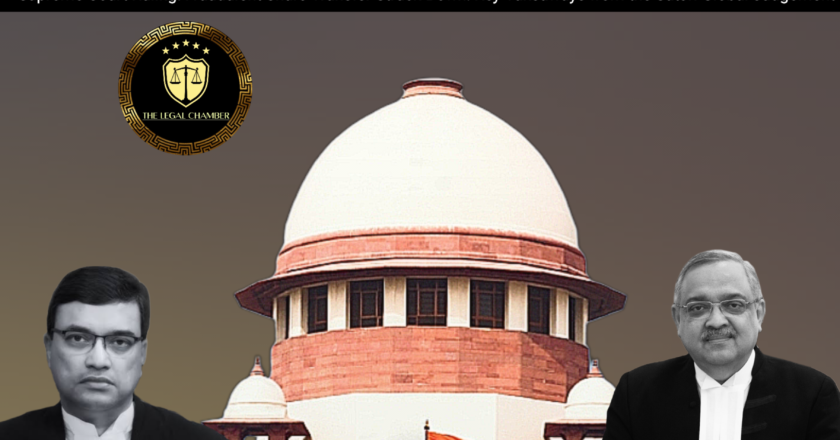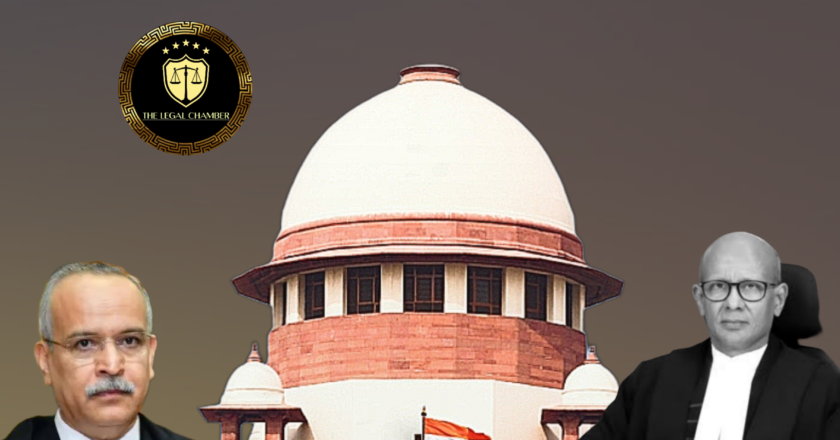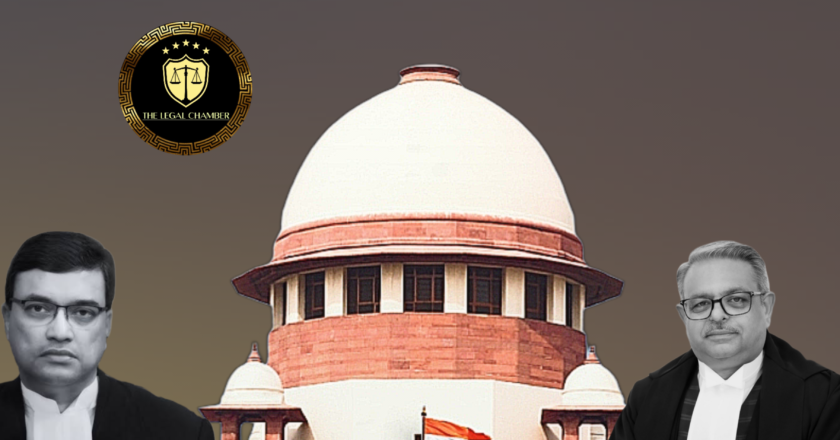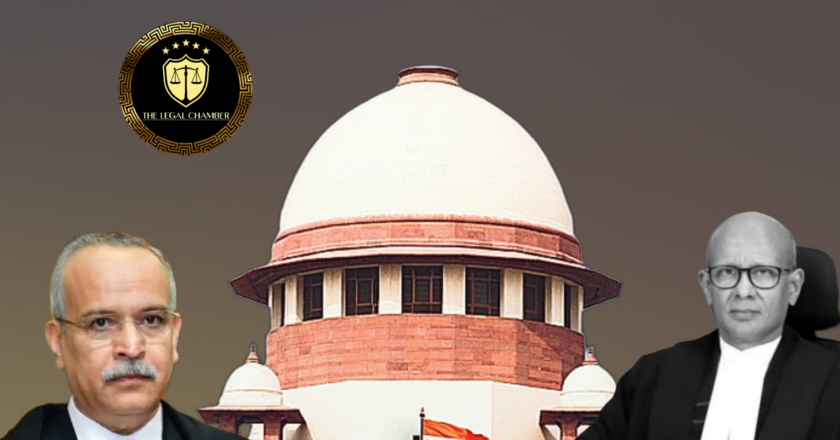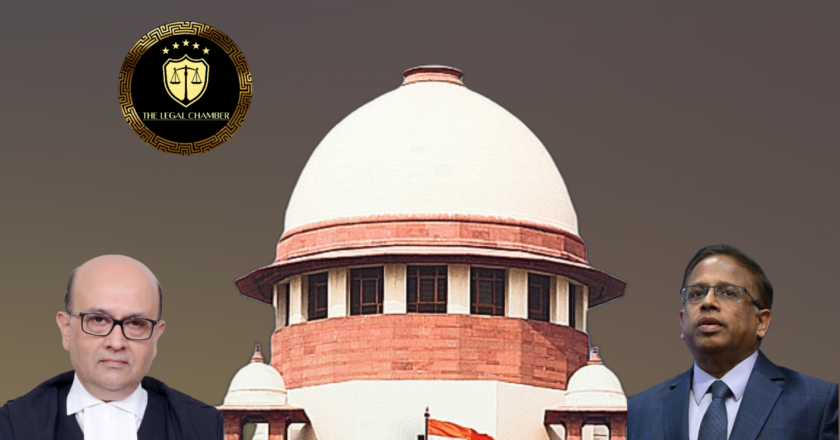Verified Claim is Key: Supreme Court Distinguishes Between Timely and Belated Homebuyers in Insolvency
The Supreme Court held that a homebuyer's claim, once verified and admitted by the Resolution Professional and reflected in the list of creditors, must be honoured as per the plan's provisions for verified claims. It cannot be relegated to a residuary clause meant for belated or unverified claims, as this would misapply the approved resolution plan.
Facts Of The Case:
The appellants, residents of Bengaluru, booked an apartment in 2010 in the 'IREO Rise (Gardenia)' project developed by M/s Puma Realtors Private Limited. They executed an Apartment Buyer’s Agreement in 2011 and paid Rs. 57,56,684 out of the total consideration of Rs. 60,06,368. The Corporate Debtor failed to deliver possession by the agreed date of November 2013. The appellants initially filed a consumer complaint, which wa...
